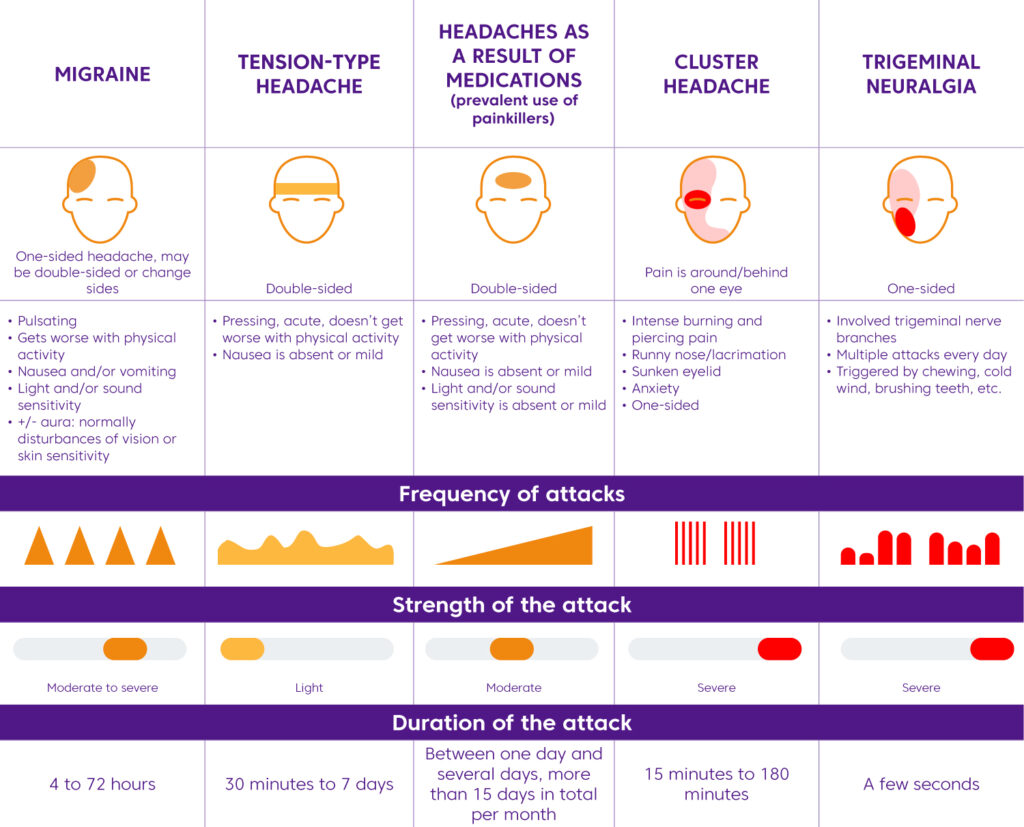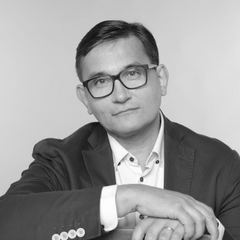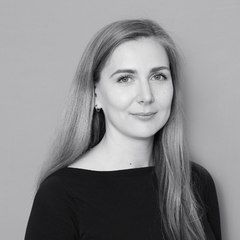Headache Centre
A headache is the most common nervous system disorder. Approximately 50% of adults have headaches throughout the year and most of them are mitigated without going to a doctor. However, headaches can be so severe or frequent that they cause significant disruptions to daily activities.
If there is an accurate diagnosis, headaches can be effectively treated
We have a comprehensive approach to headache treatment at the Confido Headache Centre. The headache treatment journey starts with an appointment to see a neurologist , where they identify the causes of the headache, after which you will be diagnosed and a treatment plan will be created in order to restore the quality of life that has been affected by the headache. An accurate diagnosis is needed for effective headache treatment. Confido has world-class diagnostic facilities and we can conduct all necessary tests (e.g. blood tests, MRI, CT scans, lumbar puncture). The neurologist will create a treatment plan involving a team of specialists on the basis of the diagnosis.
In addition to the neurologist, the headache treatment consisto of:
- Patient
- Headache nurse
- Physiotherapist
- Psychologist
A neurology nurse (also known as a headache nurse) monitors the patients and consults them; additionally, they evaluate the effectiveness and side effects of headache medications and they provide advice regarding what lifestyle changes must be made to reduce headache triggers. They also perform neuromodulation procedures, which are effective ways to prevent and mitigate headaches.
Physiotherapy uses several techniques (functional movement exercises, chiropractics, massages and dry needling, if necessary) to improve the mobility and balance of soft tissues and joints. This greatly helps prevent and mitigate headaches.
The physiotherapist will teach you how to conduct relaxation exercises by yourself so that you can notice how your muscles tense up during stress as well as how to release this stress.
Frequent disconcerting headaches can cause anxiety, mental stress and harmful behaviour patterns, and thus migraine patients are much more likely to experience anxiety and depression compared to healthy individuals. The psychologist evaluates the state of mind and uses psychotherapy to teach individuals to regulate their emotions more effectively as well as use better coping mechanisms. Headaches can also be reduced if emotions are managed skilfully. In addition, the psychologist can recommend and teach meditation.
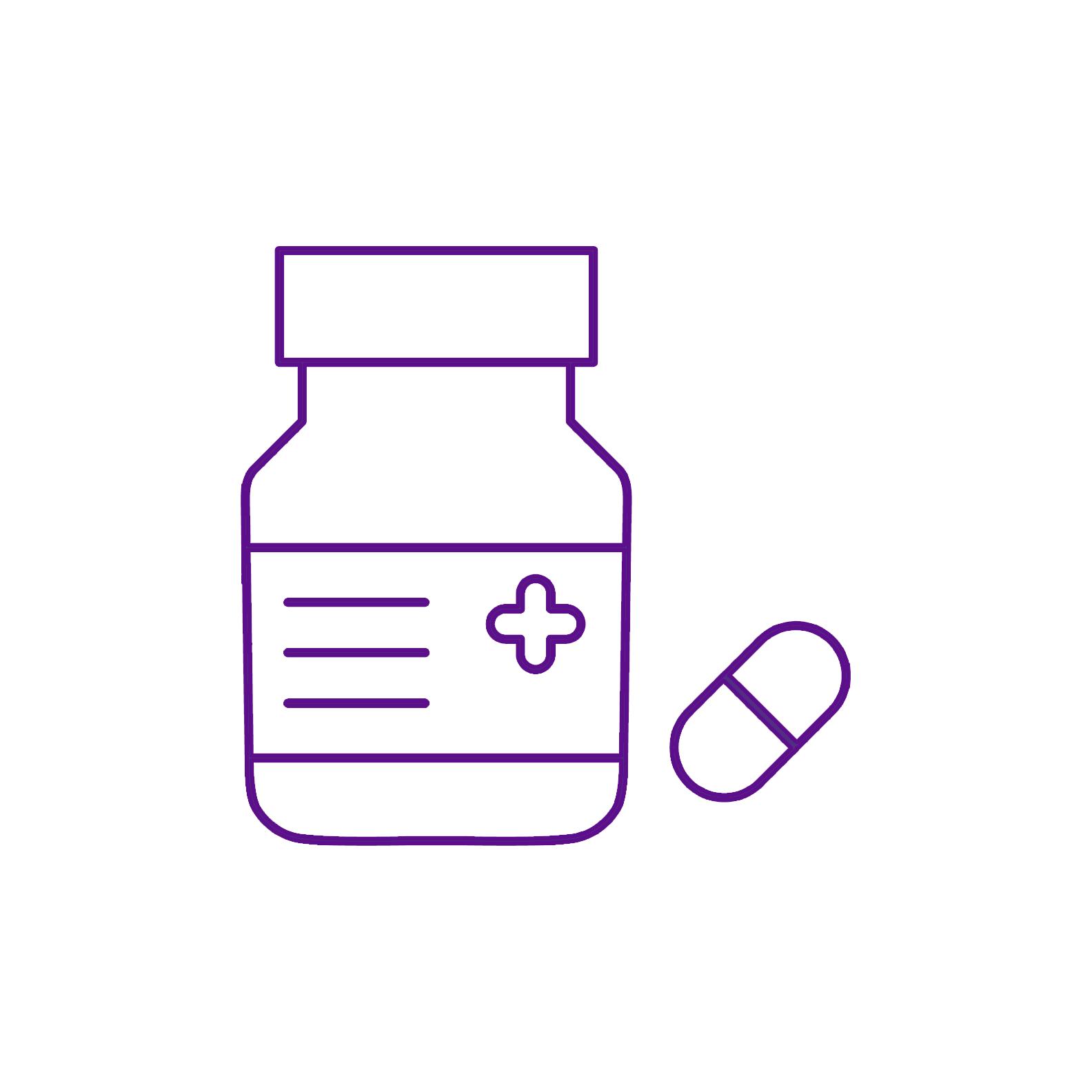
Headache medications and supplements
There are two types of headache medication: some treat acute pain and others are taken to prevent headaches.
The choice of drug depends, among other things, on sex, age, co-morbidities, the side effects of the drug and the frequency and method of administration..
Migraine attacks can be treated with special drugs called triptans. in addition to regular over-the-counter painkillers. They do not help with other headaches.

Headache medications and supplements
The newest so-called biologics, are specifically for migraine prevention because they block the neuropeptide that causes migraine pain.
Medications that prevent headaches are , by their nature, either blood pressure, mood or epilepsy medications.
For comprehensive headache treatment, we also recommend food supplements..
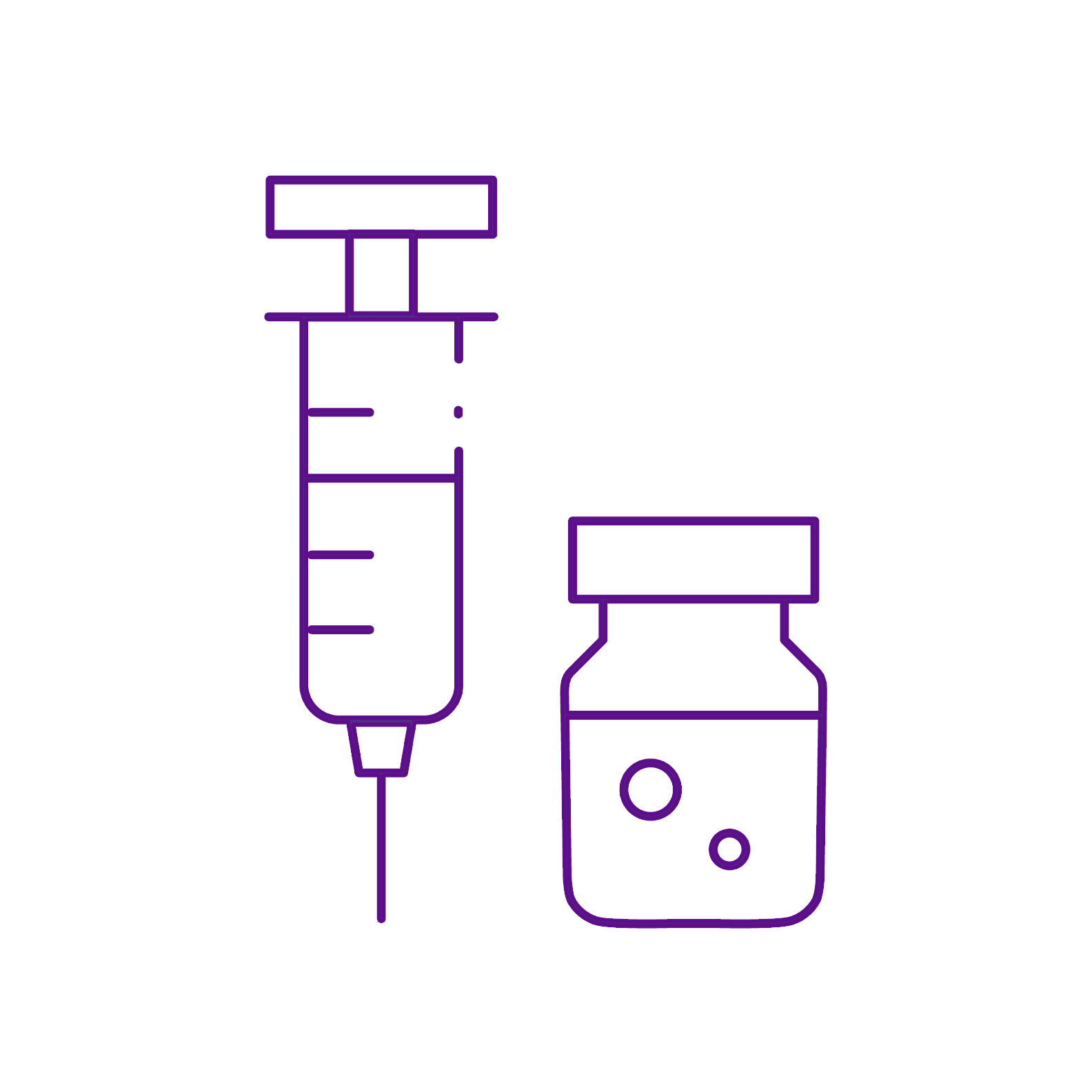
Botox injections
These injections are effective for treating chronic migraines. Chronic migraines are migraine attacks that occur on more than half of the days in a month..
Botox blocks the neurotransmitters that transmit the sensation of pain, acting as a pain reliever. Botox needs to be injected every three months in the forehead, temples, nape, neck and shoulder area for treating migraines. The drug is injected under the skin with a fine needle and the pain is usually minimal. The procedure lasts about 20 minutes and is performed by a doctor with special training.
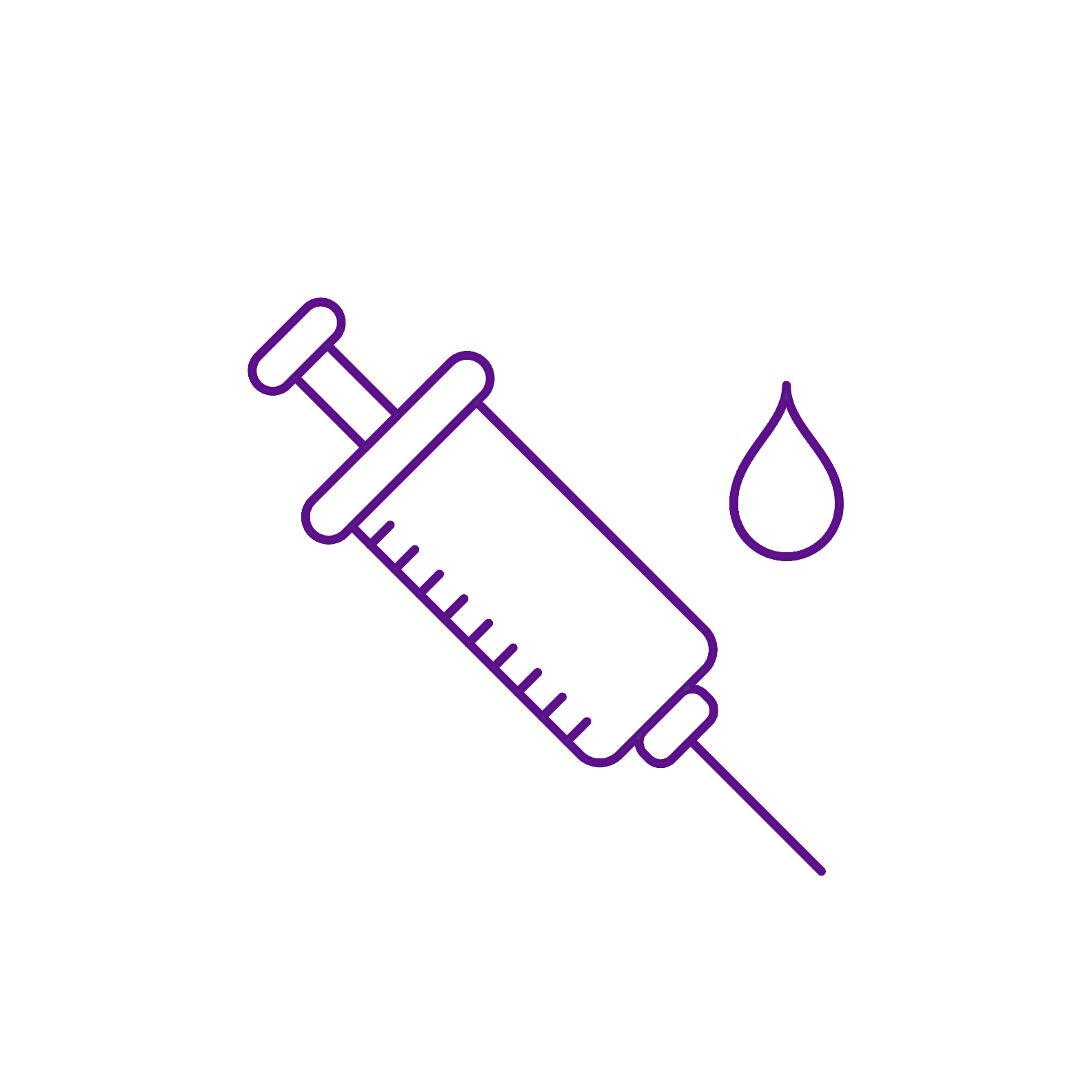
Nerve block injections
Sometimes headaches can be eased or prevented by anaesthetic nerve blocks injected into the nerves. Nerve blocks are most often used in the occipital region but can also be made in the forehead or temple region.
Nerve blocks are especially good when oral or intravenous medications have failed or have side effects. Pregnant women often prefer nerve blocks to traditional headache medications.

Neuromodulation
Neuromodulation is a procedure in which a special device that gives out electrical impulses is placed on the forehead, nape or neck to relieve or prevent headaches.
This method can be applied at every stage of migraine and cluster headache treatment and also as a first choice. Neuromodulation is a suitable alternative if a person prefers to avoid drugs or if drugs are contraindicated..

Lifestyle
A generally healthy lifestyle is a solid foundation for the prevention and treatment of headaches. Our specialists will advise and motivate you regarding these necessary lifestyle changes. We will look at nutrition, sleep and physical activity.
For example, in the case of migraines, it must be taken into account that even some healthy food can trigger a headache.

Lifestyle
Sleep also affects. headaches. For example, many headache patients find it helpful to always go to bed and wake up at the same time. The quality and duration of sleep should also be sufficient.
Physical activity suitable for your body type is also key in eliminating headaches – aerobics or interval or strength training.
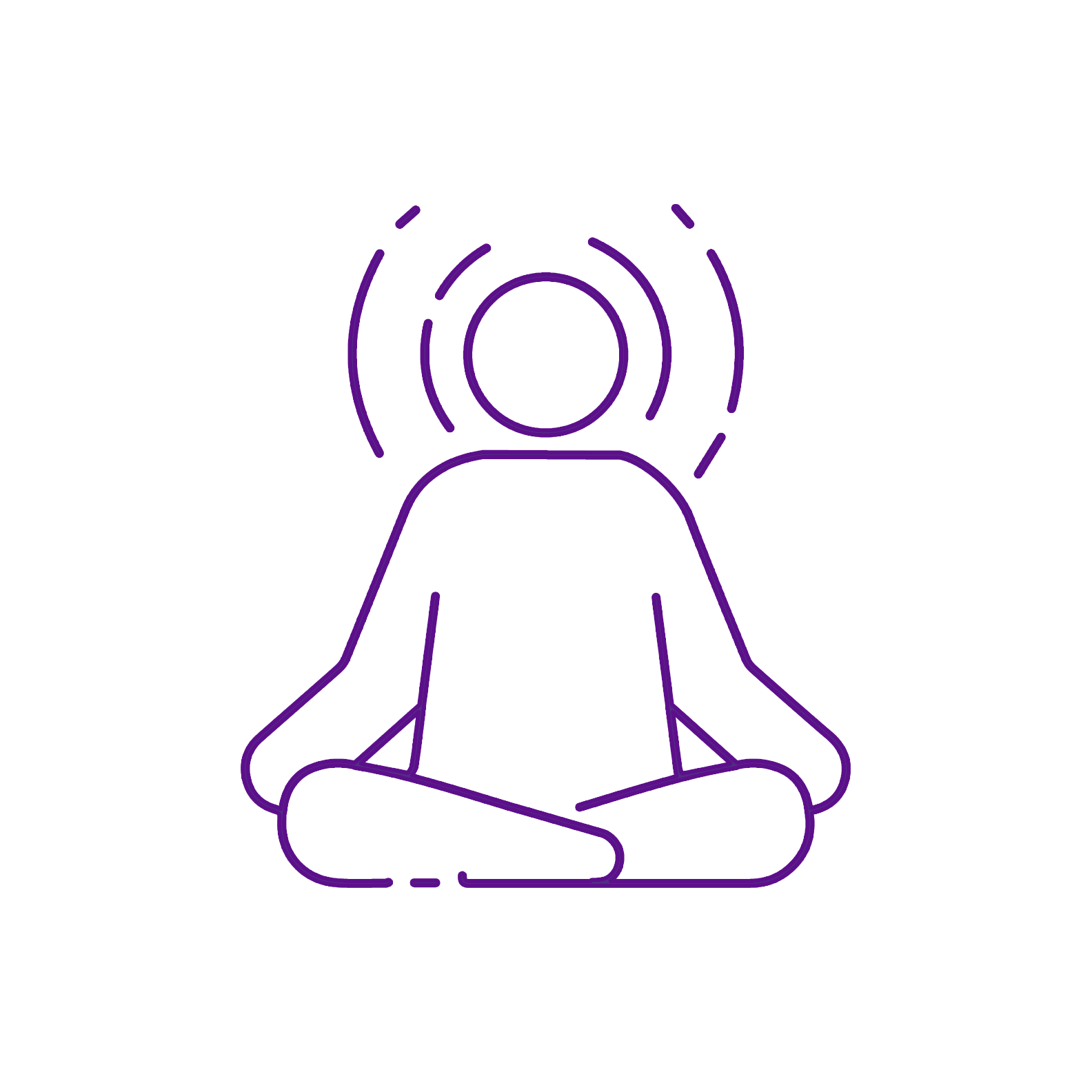
Meditation
Our psychologist can teach you how to meditate, as more and more research shows that meditation relieves pain and improves. wellbeing. During meditation, the activity of the thalamus, the area of the brain that transmits pain signals, decreases. You will feel these beneficial effects after just four days of meditating for 20 minutes, a day.
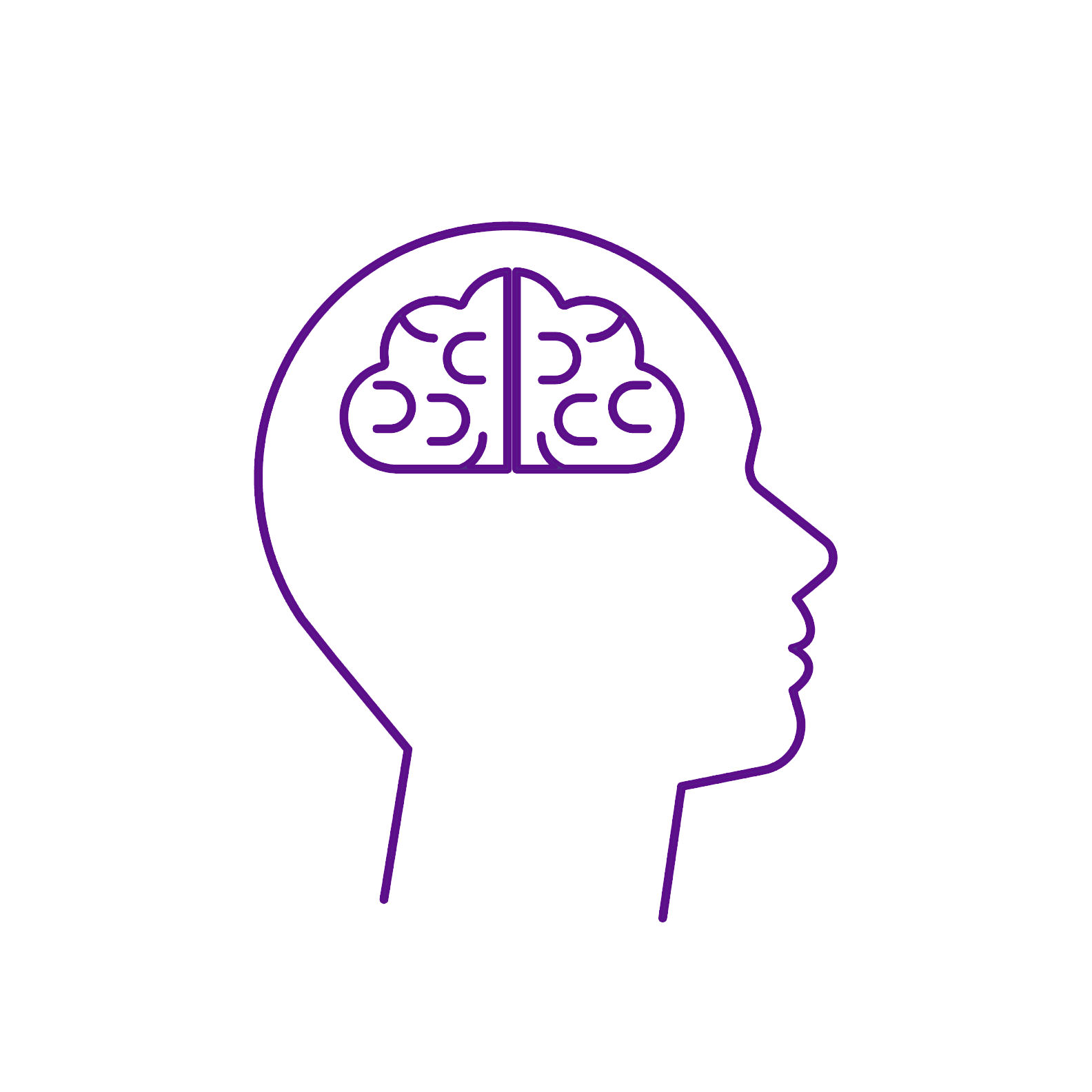
Cognitive behavioural therapy
Frequent, distressing headaches can lead to fear, anxiety and harmful behavioural patterns. Cognitive behavioural therapy offered by our psychologist is an effective way to help you regulate such emotions and use better coping mechanisms..
Most importantly, cognitive behavioural therapy reduces headaches. ise.
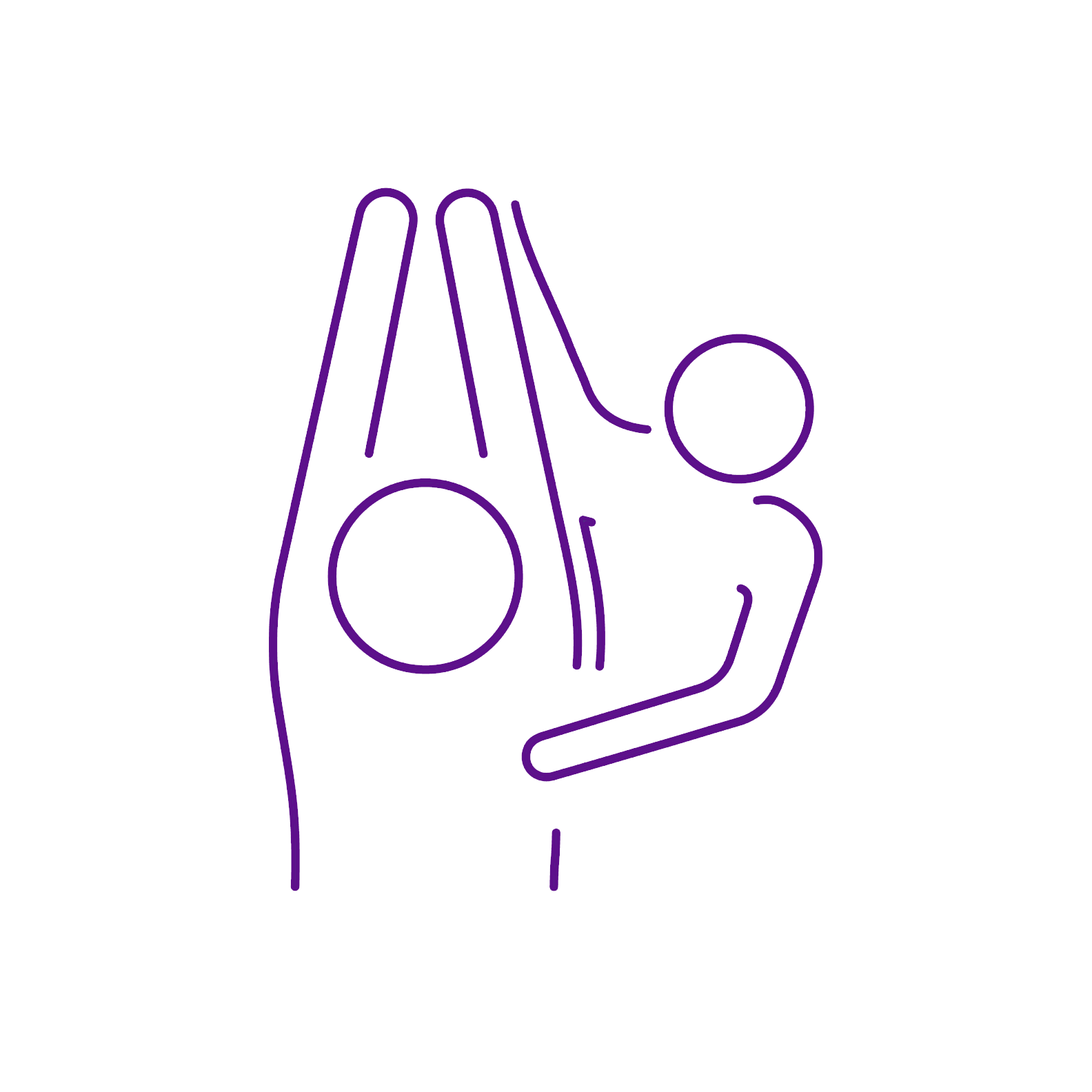
Physiotherapy
Physiotherapy uses a variety of techniques that improve the mobility and balance of soft tissues and joints, thereby helping to relieve headaches. The specialist shows you how to do exercises independently or uses chiropractic, massage or dry needling techniques to achieve this goal.
Massages , especially head massages, help with both migraine and tension-type headaches. After the examination, our physiotherapist will decide which type of massage is best for you. A proper massage reduces the frequency and duration of headaches and improves sleep..

Physiotherapy
The chiropractor can improve the mobility of your neck joints with the help of their hands.
During dry needling , the physiotherapist inserts fine needles into the muscles to create local twitches in the muscles. The result is a decrease in muscle tension. Dry needling is helpful for tension headaches and cervicogenic headaches.
With the physiotherapist, you tighten and relax the muscles one by one.. This makes you notice how the muscles become tense during stress and you learn to release this tension.
- Neurology consultation (headache)
- Neurology nurse consultation (headache)
- Emergency treatment of headache
Neurology consultation (headache)
Look for appointment timesHeadaches are the most common disorder of the nervous system. Approximately 50% of adults have headaches throughout the year and most of them are treated without going to a doctor. Still, some headaches can be so painful or frequent that they disturb daily activities and require medical intervention.
In this case, we recommend booking a consultation with a neurologist to diagnose and treat the headache. During the consultation, we will find the cause of the headache and, depending on the diagnosis (e.g. migraine, cluster headache, tension headache), make a treatment plan to improve the patient’s quality of life. The team for headache treatment includes a neurologist, a headache nurse, a physiotherapist and a psychologist.
The consultation is also a great way to get an expert assessment on a previous diagnosis or change a treatment plan.
Some tests may be performed for an additional fee to clarify the diagnosis, if necessary.
Please be sure to fill out the headache questionnaire before the neurologist visit – so the doctor can get to know the causes and nature of your headache in advance.
We provide this service
Price
Neurologist appointment (headache)
Neurologist appointment (headache)
We have several payment options. Read more HERE.
BOOKING
Neurology consultation (headache)

